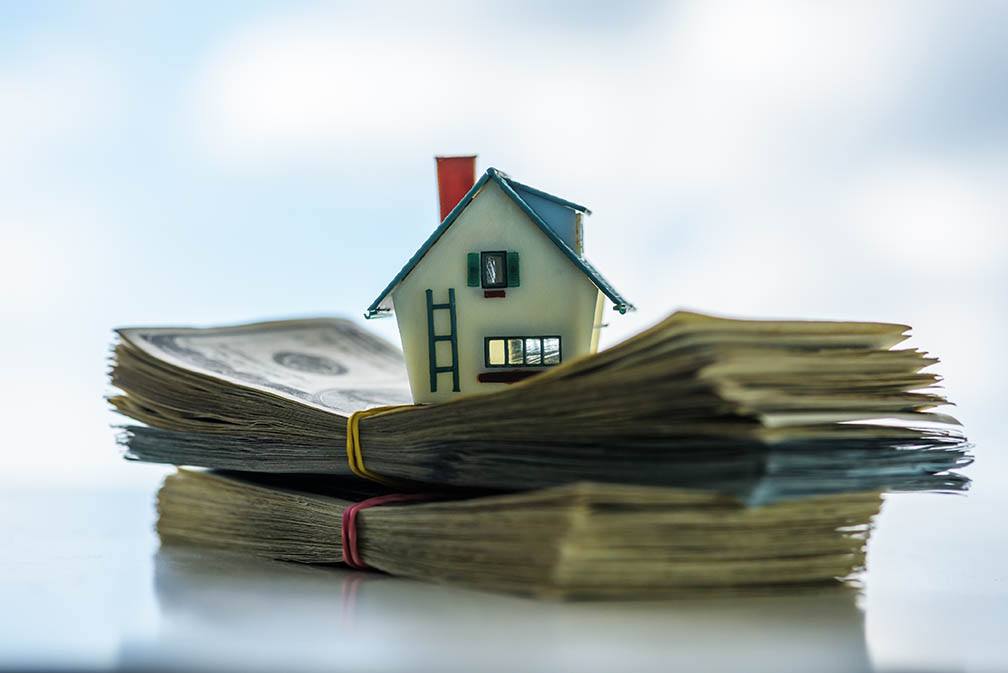Case-Shiller: February Home Prices Grow at Fastest Pace in 3 Years
 According to the Case-Shiller National Home Price Index, February home prices grew at their fastest pace in three years. While home prices have steadily grown in recent months, growth rates slowed in many areas month-to-month; the escalation of home prices from January to February indicates stronger housing markets. National home prices increased by 0.20 percent in February to a seasonally-adjusted annual rate of 5.80 percent appreciation.
According to the Case-Shiller National Home Price Index, February home prices grew at their fastest pace in three years. While home prices have steadily grown in recent months, growth rates slowed in many areas month-to-month; the escalation of home prices from January to February indicates stronger housing markets. National home prices increased by 0.20 percent in February to a seasonally-adjusted annual rate of 5.80 percent appreciation.
Case-Shiller’s 20-City Home Price Index posted a month-to-month gain of 0.20 percent for a year-over-year gain of 5.90 percent. Seattle, Washington again topped the 20-City index with year-over-year home price growth of 12.20 percent. Portland Oregon followed with an annual price gain of 9.70 percent. Denver, Colorado was replaced by Dallas, Texas with a year-over-year home price growth rate of 8.80 percent. Fifteen cities posted higher year-over-year gains in home prices in February as compared to January readings.
Month–to Month Home Prices
Case-Shiller National, 20-City and 10-City Home Price Indices reported moth-to-month 0.20 percent home price growth before seasonal adjustment. After prices were seasonally adjusted, national home prices increased by 0.40 percent month-to-month; the 20-city index showed an increase of 0.70 percent and home prices in the 10-City Index rose by 0.60 percent after seasonal adjustment.
Home Prices Rising on High Demand, Low Inventory of Homes Available
David M. Blitzer, Managing Director and Chair of the S&P Dow Jones Indices Committee, said that ongoing shortages of homes for sale continue to boost home prices as demand exceeds supply. First-time and moderate income home buyers continue to face affordability concerns as rising home prices can negatively impact buyers’ ability to qualify for mortgage loans.
Analysts said that while rising home prices are a sign of economic strength, housing market indicators such as housing starts have not had corresponding growth rates. New construction is viewed as the only way to ease demand for homes as rising home prices have so far not cooled demand.

 As a means of avoiding monthly mortgage payments, a reverse mortgage is a way for homeowners to tap into their equity in order to defer the payments on their home. While this can be a beneficial option for those who are older than 65, it’s important to be aware that – like any mortgage product – there are a number of associated fees. If a reverse mortgage is something you’re considering in the future, here are some of the costs you’ll be looking at.
As a means of avoiding monthly mortgage payments, a reverse mortgage is a way for homeowners to tap into their equity in order to defer the payments on their home. While this can be a beneficial option for those who are older than 65, it’s important to be aware that – like any mortgage product – there are a number of associated fees. If a reverse mortgage is something you’re considering in the future, here are some of the costs you’ll be looking at. Many millennials are expected to enter the housing market in the next year with the interest rates still low. However, while it may be a good time, it does not necessarily mean that it’s the right time for you to make the investment. If you’re currently weighing your options when it comes to home ownership, here are some things to consider before you decide put the money down.
Many millennials are expected to enter the housing market in the next year with the interest rates still low. However, while it may be a good time, it does not necessarily mean that it’s the right time for you to make the investment. If you’re currently weighing your options when it comes to home ownership, here are some things to consider before you decide put the money down.